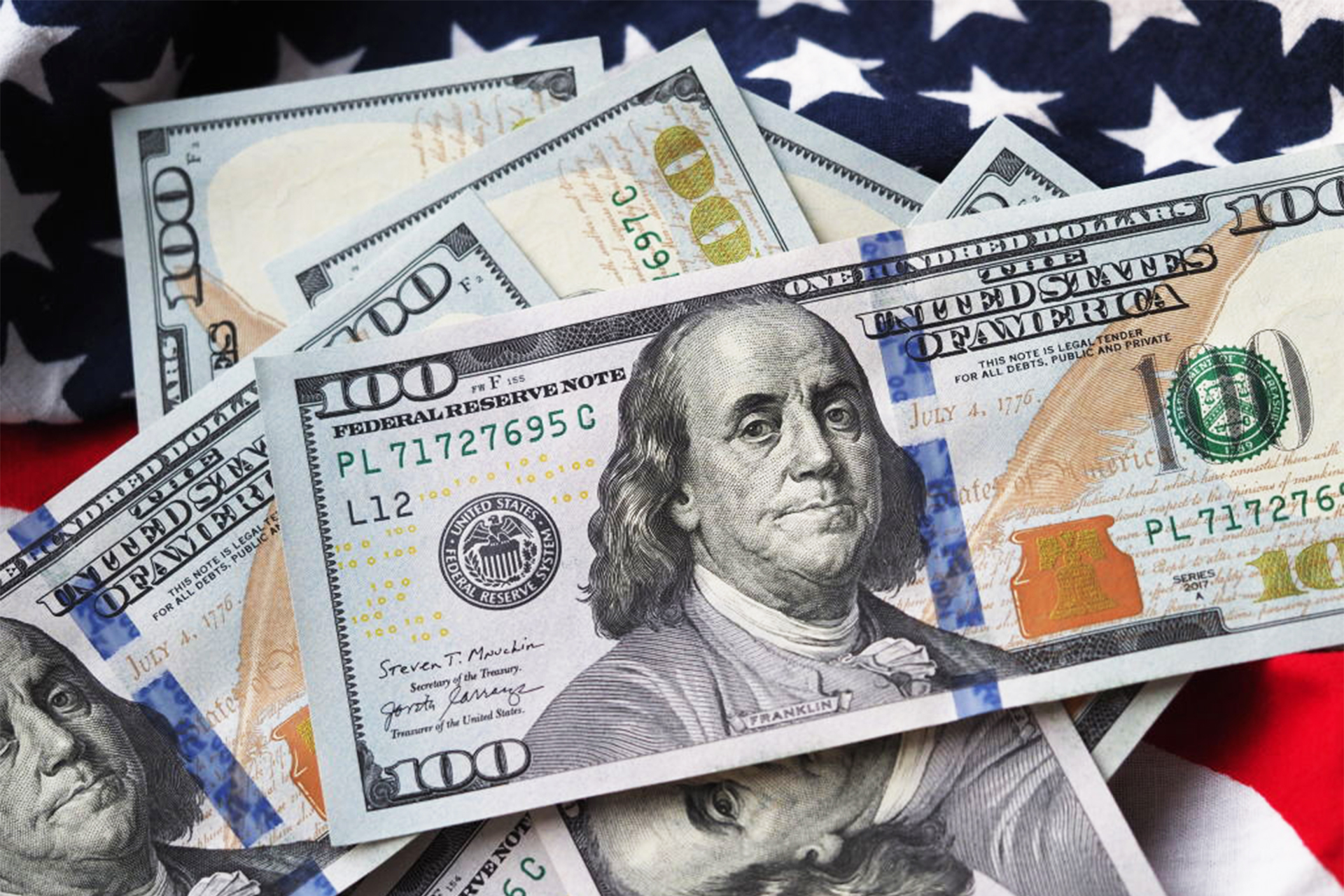WASHINGTON
- Six months after the start of the Russian war on Ukraine, many experts are wondering whether the war had any direct effects on the American economy, or whether America, which is geographically thousands of miles from the battlefield, was not affected as much as the European countries neighboring and close to the theater of war. battles?
The US economy was not closely related to its Russian and Ukrainian counterparts, and the volume of trade between the two sides was small, and the halt in trade between them did not leave any significant effects on the American consumer or markets, according to experts.
In an interview with Al Jazeera Net, Sherif Othman, an economist at Poise Investment, indicated that the United States is self-sufficient in the field of food and energy, and does not depend on Ukrainian and Russian grain or food, unlike many third world countries, nor does it depend on Ukrainian and Russian grains or foods. It depends on Russian oil or gas, unlike many European countries, so the American economy has not been affected much by what the European battlefield is witnessing in the first place.
On the other hand, the Economic Information Unit of the Economist magazine stated that the Russian war on Ukraine had an important impact on the US economic outlook for the remainder of this year.
She said that the continuation of the war would lead to a rise in global commodity prices, which would fuel inflation and affect American economic growth. The imposition of broad sanctions on the Russian energy sector, both gas and oil, resulted in the United States increasing its production of fossil fuels, and strengthening its position as a major source of energy. Especially liquefied natural gas, to help meet demand in Europe.
war and inflation
Over the past six months, US markets have been affected by the consequences of the Ukraine war, especially with regard to global supply chain and energy markets disruptions.
The response of the United States and its allies to Russia’s start of the war came by imposing unprecedented economic sanctions, as a result of which the oil price rose to about $120 a barrel for several weeks before returning to settle at $100 a barrel.
These increases have resulted in the price of motor gasoline in the United States rising, reaching record levels with a national average of $4.45 per gallon, and exceeding $7 in parts of California.
US President Joe Biden blamed the Russian war in Ukraine, and said that what we are currently witnessing is "Putin's price hike."
Biden stated that prices will decrease, but he did not specify a timeframe for achieving this, while energy experts confirmed that "the price of gasoline, like any other commodity, is affected by many factors, and supply and demand conditions remain at the top of these factors."
The rise in gasoline prices prompted President Biden to withdraw up to 180 million barrels of US oil reserves last May, and pump them into the American market.
In mid-March, 3 weeks after the start of the war, Biden ordered the withdrawal of 30 million tons of the US strategic reserve, and these steps had no effect on the continued rise in gasoline prices.
Because of rising energy prices in the United States, the level of demand for other goods and services has fallen, and this has also contributed to an overall increase in consumer price inflation.
Some experts argue that the war fueled already high inflation and slow growth in consumer spending, and the Ukraine war came at a time when inflation in the United States reached its highest level in 40 years.
Before the start of the war last February, this percentage amounted to 7.9%, and crossed the 8% barrier during the six months of the war.
recession stage
Several days after the start of the Russian war on Ukraine, the Federal Reserve raised the interest rate, which had been stable for the last three years, close to zero.
The rise came by 0.25 percentage points, then came an additional increase of 0.50 percentage points in May, and then another increase by 0.75 percentage points last June.
It is expected to raise it twice in the remainder of 2022, and these increases have resulted in GDP.
The data of the Bureau of Economic Analysis indicated that the gross domestic product (GDP) for the second quarter of this year (April 1 - last June 30) decreased by 0.9%, while it decreased during the first quarter (January 1 - March 31). last March) by 1.6%.
Historically, since 1948, every time the gross domestic product (GDP) has declined for at least two consecutive quarters, it has been announced that the country has entered a recession.

